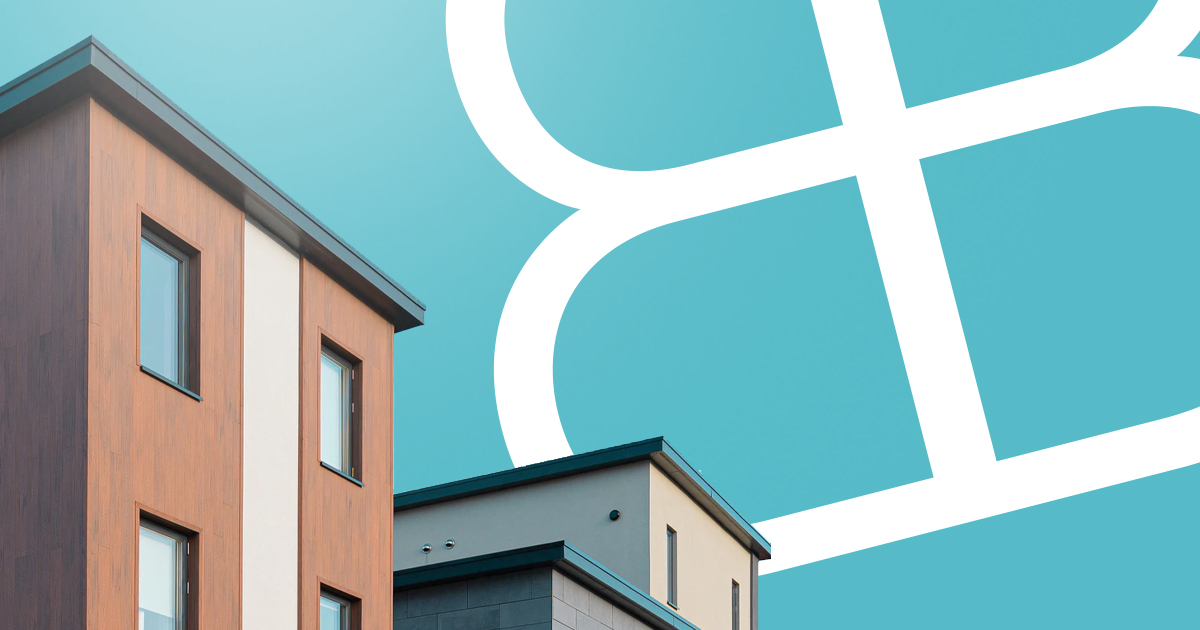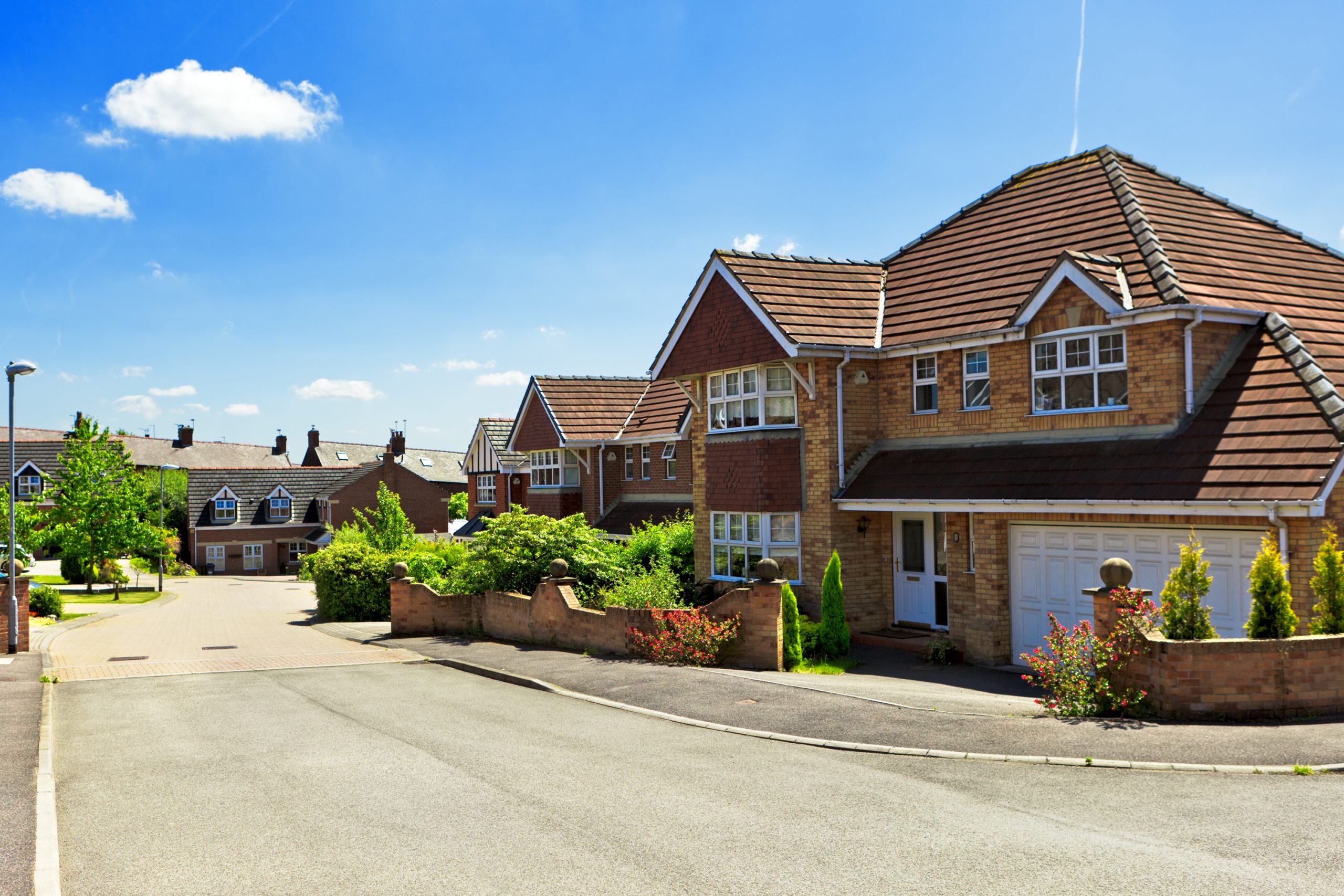Buying a Property with Shared Ownership

For many people, getting a mortgage for the full market value of a property is not a realistic option. Getting on the property ladder can be difficult, especially for people with lower incomes or who are not able to save up a big deposit. Fortunately, there are other options available as alternatives to the standard mortgage deals that typically require a 5% deposit and 95% mortgage.
One of the alternative options that people who cannot afford to buy their own property on the open market is shared ownership. The government established this as an option under their affordable home schemes. Since this option was introduced, it has helped many people to buy a property that they otherwise would not be able to afford.
What is shared ownership?
Shared ownership provides first time buyers and people who do not currently own a home to buy a share of a property, rather than the full ownership. For people in situations where mortgage lenders would not be prepared to lend the 95% mortgage required on a property, shared ownership gives them a chance to own part of a property and pay rent on the remainder.
This type of arrangement allows people who might have been renting property, to start the process of owning their own property, without needing to pay a large deposit or to have the minimum income required for taking out a large mortgage.
The way that shared ownership works is that the property purchaser takes out a mortgage for a specific percentage of the value of the property, which can be anything between 25% and 75% of a property, with a housing association owning the rest. Then they will pay the mortgage repayments on the part that they own and pay rent to the housing association for the part that they own.
In most cases, you will be able to buy a larger share of the property at a later time, which is referred to as ‘staircasing’, which could mean you eventually own 100% of the property when you are in a financial position to put more money towards the property.
You will still usually be required to put down a deposit, but the amount would work out to be much less than if you were getting a mortgage with full ownership. Additionally, the rent that the housing association charges will usually work out at much less than on the open rental market. The rent will typically be around 2.75% of the property value per year.
The other big benefit of opting for shared ownership is that stamp duty land tax will usually be deferred until you have an 80% share in the property, so again this is ideal for people who cannot save up for a large deposit and stamp duty.
Free phone and video consultations are provided in the U.K.
Get StartedHow do you get started with shared ownership?
Shared ownership is not available for just any property on the open market, any available properties will be advertised as shared ownership by the housing association. You can use a Help to Buy agent to help you to find available properties under this type of scheme, if you are eligible for the scheme. You can also register with the Share to Buy website, where you can search for properties in the area you are interested in living.
How does the part-buy, part-rent arrangement work?
If you have a 50% shared ownership on a property that costs £200,000, you would have a mortgage for £100,000 and then you would pay around 3% rent on the remaining £100,000, which would be around £3,000 per year, so £250 per month. A 5% deposit would be 5% of £100,000 rather than the full £200,000 property price, so the buyer would need £5,000 for the deposit, not £10,000.
As long as you have a shared ownership agreement with the staircasing option, you will be able to buy a higher percentage of the property and can own it outright when you have the financial ability to do so. It is important to be aware that if you purchase a larger share of the property in the future, the calculation will be based on the property value at that time, not the value it was when you first purchased the property.
Who is eligible for shared ownership?
To be eligible for the shared ownership scheme you must:
- Earn less than £80,000 in household income (£90,000 in London).
- Be at least 18 years old.
- Not be able to afford your own home on the open market.
- Be either a first-time buyer or not currently a home-owner.
- Have a good credit history.
- Be able to prove you can afford the monthly payments.
- Not be in rent or mortgage arrears.
If you meet the required criteria, then you can start looking for properties that are in the shared ownership scheme. As well as needing to have enough money for a deposit, anyone looking to enter a shared ownership arrangement will also need to be able to cover the costs associated with buying a property. These costs could include solicitor fees, survey fees, removal costs, mortgage arrangement fees and many other costs that can be involved.
Selling a shared ownership property
If you decide that you want to sell your shared ownership property (and do not own 100% of it), you need to contact the housing provider to advise them you want to sell. You can then get your property valued and the housing provider will then look to find another buyer under the shared ownership scheme. When the property is sold, you will receive the appropriate percentage share.
Conclusion
Shared ownership schemes provide people with the opportunity to get on the property ladder, where they would otherwise not be able to afford to. By paying a smaller deposit, no stamp duty and taking out a smaller mortgage loan amount, this arrangement can be a much more affordable option for people who have lower income or who do not have savings. It also provides the flexibility to be able to outright own the property in the future, at a time when the buyer is in a better financial position. Check out the benefits and costs of Shared Ownership here.
If you would like any advice on finding a mortgage for a shared ownership property, or have any other questions regarding the process, contact our team of mortgage experts.
See What Our Clients Have To Say
Gerard BoonB.A. (Hons), CeMAP, CeRER
Gerard is a co-founder and partner of Boon Brokers. Having studied many areas of financial services at the University of Leeds, and following completion of his CeMAP and CeRER qualifications, Gerard has acquired a vast knowledge of the mortgage, insurance and equity release industry.Related Articles
- The House Buying Process
- What Is A Shared Equity Mortgage?
- What Is A Mortgage In Principle?
- Can I Overpay My Mortgage?
- How Does Being Self Employed Affect A Joint Mortgage?
- Getting A Joint Mortgage With Your Parents
- Why Buy A Home In Norwich?
- How To Get A Mortgage After Bankruptcy
- What Is A Tenants In Common Agreement?
- What Is An Offset Mortgage?
- What Is A Guarantor Mortgage
- Reasons To Review Your Mortgage Regularly







